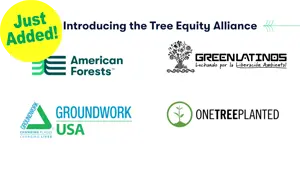
Tree Equity Alliance
Tree Equity Alliance is a coalition to create a unified voice on the critical need for equitable tree canopy.
Accelerating resiliency planning in communities across the Commonwealth

Tree Equity Alliance is a coalition to create a unified voice on the critical need for equitable tree canopy.
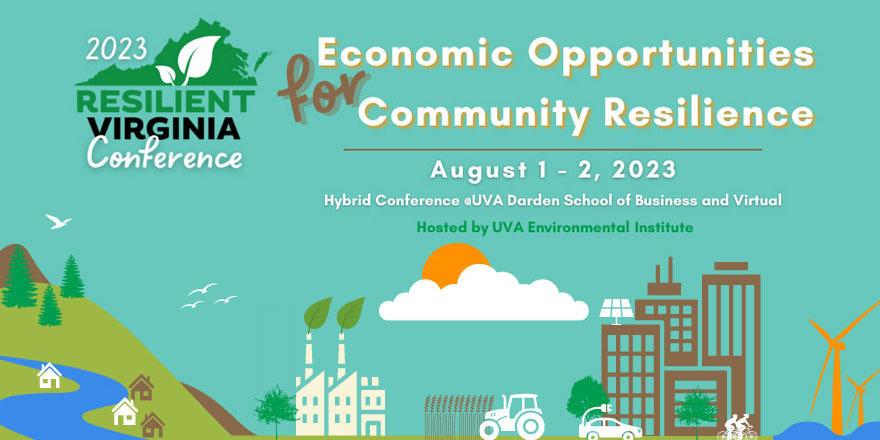
Our 2023 Conference delivered tools, information, and networking opportunities for Virginia’s resiliency leaders and professionals.
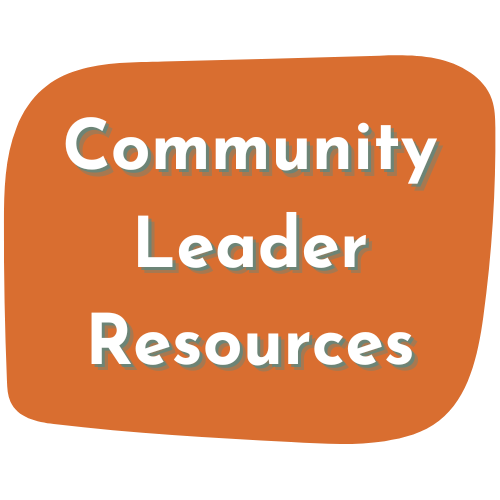
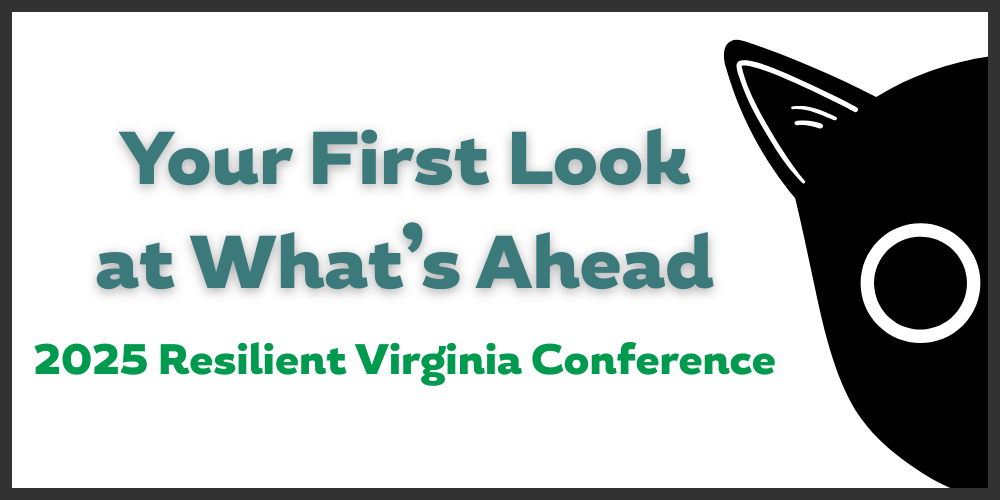
While we’re saving the full reveal for later, here’s a sneak peek at the powerful topics and exciting experiences taking shape on this year’s Resilient Virginia Conference agenda.
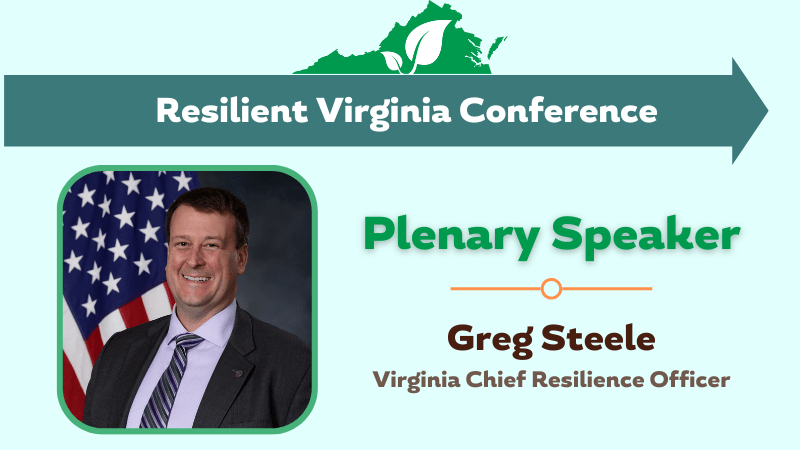
We’re pleased to announce that Greg Steele, Virginia’s newly appointed Chief Resilience Officer, will deliver the opening plenary address at the 2025 Resilient Virginia Conference.
The Geos Institute plans to expand the Climate Ready America initiative into Virginia. As part of this effort, they are surveying local governments across the state to asses interest in establishing a Climate Innovation Center.

5 ways to take part in Resilient Virginia’s 6th biennial resilience conference
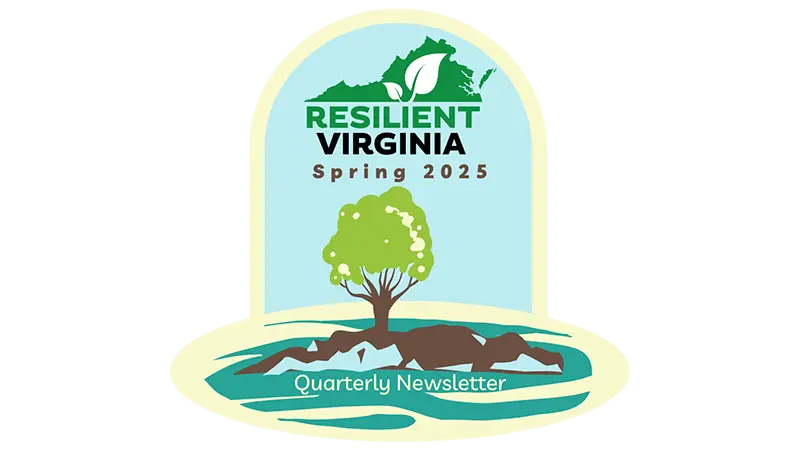
2025 Conference Set for July 23-24 … RVCA Launches Priority-Setting Workshops … Collaboration in Action … Resources and Funding … more.
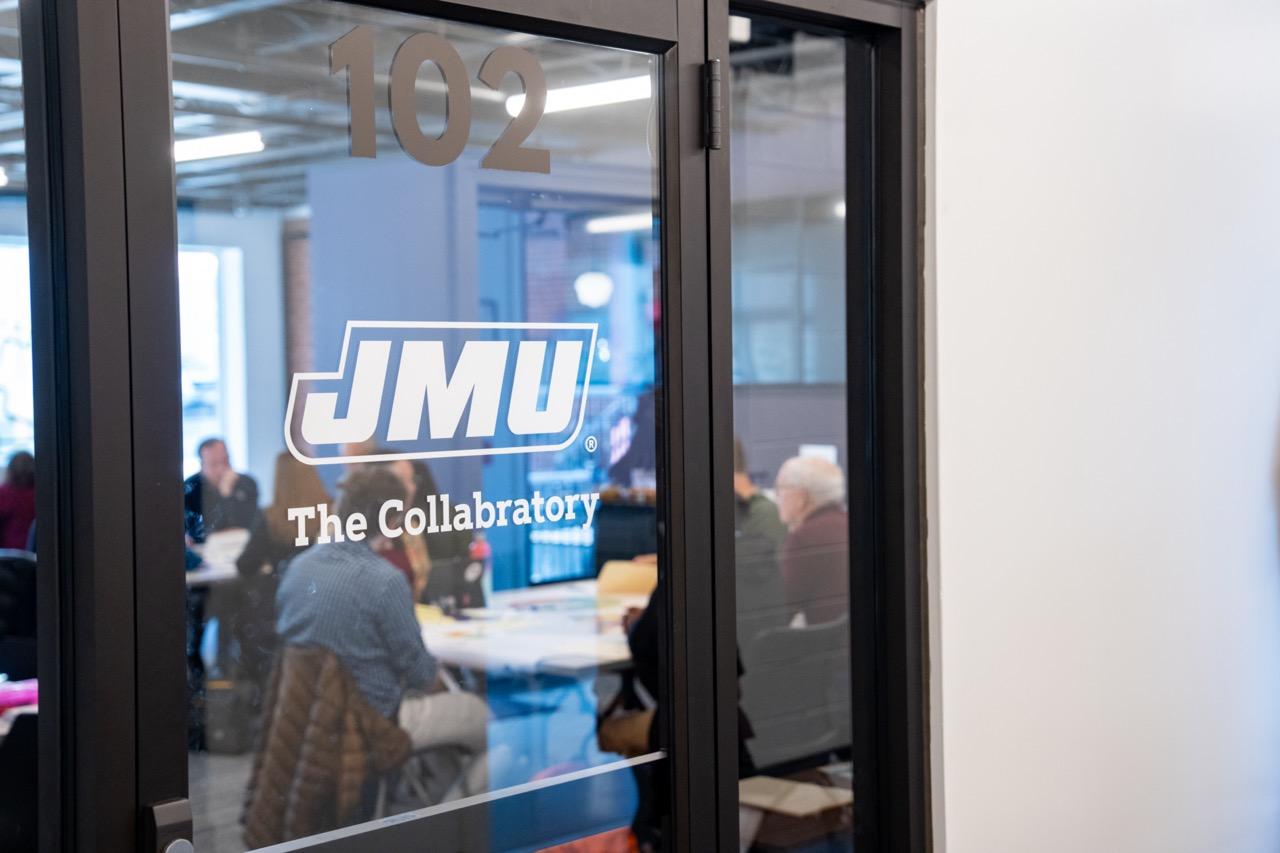
On April 8, more than two dozen professionals, extension specialists, and regional stakeholders came together at the Harrisonburg Innovation Hub to kick off the Spring 2025 Resilient Virginia Collaborative Alliance (RVCA) Priority-Setting Workshop Series. This inaugural session marked a significant step forward in building a shared vision for climate resilience across Central and Southwest Virginia.
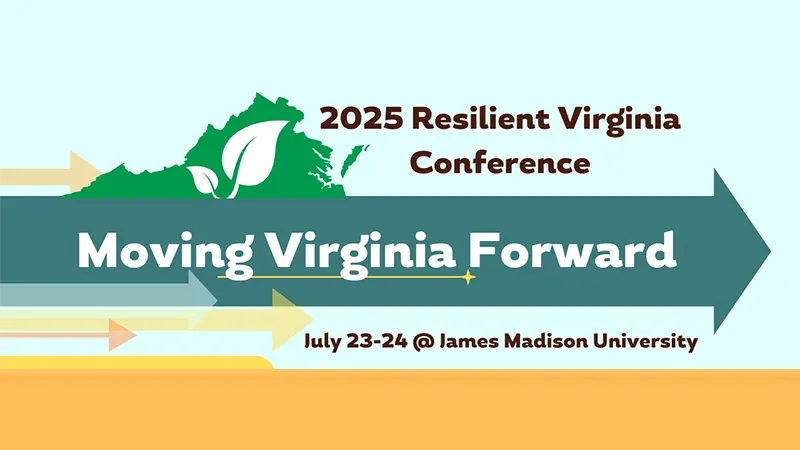
Your company or organization has the opportunity to provide essential services and products to our attendees through the Sponsor and Exhibitor options.

Browse Our Agenda for Resilient Virginia’s 2025 Conference: Tools, information, and networking opportunities you need to help build resiliency in your community.
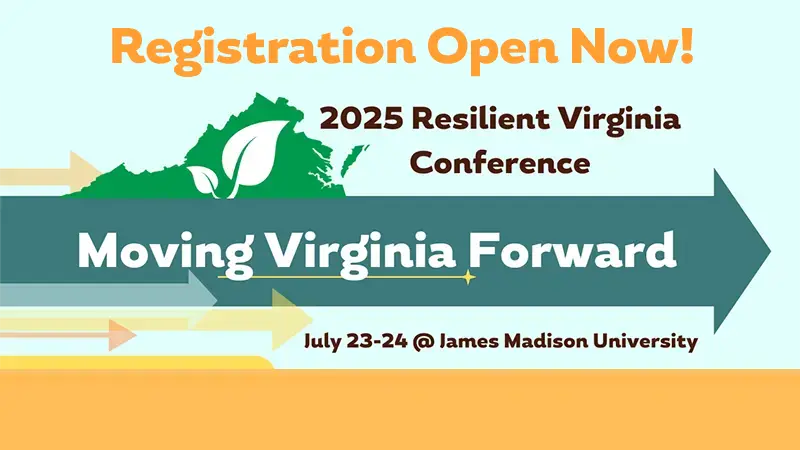
View Our Speakers for Resilient Virginia’s 2025 Conference: Tools, information, and networking opportunities you need to help build resiliency in your community.

Tree Equity Alliance is a coalition to create a unified voice on the critical need for equitable tree canopy.

Our 2023 Conference delivered tools, information, and networking opportunities for Virginia’s resiliency leaders and professionals.


While we’re saving the full reveal for later, here’s a sneak peek at the powerful topics and exciting experiences taking shape on this year’s Resilient Virginia Conference agenda.

We’re pleased to announce that Greg Steele, Virginia’s newly appointed Chief Resilience Officer, will deliver the opening plenary address at the 2025 Resilient Virginia Conference.
The Geos Institute plans to expand the Climate Ready America initiative into Virginia. As part of this effort, they are surveying local governments across the state to asses interest in establishing a Climate Innovation Center.

5 ways to take part in Resilient Virginia’s 6th biennial resilience conference

2025 Conference Set for July 23-24 … RVCA Launches Priority-Setting Workshops … Collaboration in Action … Resources and Funding … more.

On April 8, more than two dozen professionals, extension specialists, and regional stakeholders came together at the Harrisonburg Innovation Hub to kick off the Spring 2025 Resilient Virginia Collaborative Alliance (RVCA) Priority-Setting Workshop Series. This inaugural session marked a significant step forward in building a shared vision for climate resilience across Central and Southwest Virginia.

Your company or organization has the opportunity to provide essential services and products to our attendees through the Sponsor and Exhibitor options.

Browse Our Agenda for Resilient Virginia’s 2025 Conference: Tools, information, and networking opportunities you need to help build resiliency in your community.

View Our Speakers for Resilient Virginia’s 2025 Conference: Tools, information, and networking opportunities you need to help build resiliency in your community.
In early 2025, the NOAA Office for Coastal Management released the Employment in Coastal Inundation Zones (ECIZ) Visualization Tool showing data on businesses in coastal hazard areas. The tool includes coastal hazard footprints for FEMA…
EPA invites EJ advocates to participate in its National EJ Community Engagement calls. The purpose of these calls is to inform communities about EPA's environmental justice work and enhance opportunities to maintain an…
A multi-part virtual panel series focusing on extreme heat adaptation in indigenous communities. Regional-level Solutions panel is taking place on July 15, 2025.
Learn more and register More details...
The 2025 Resilient Virginia Conference will deliver tools, information, and networking opportunities to help you build resilience and move your community forward.
The conference will include multiple opportunities for engagement via breakout sessions,…
While we’re saving the full reveal for later, here’s a sneak peek at the powerful topics and exciting experiences taking shape on this year’s Resilient Virginia Conference agenda.
We’re pleased to announce that Greg Steele, Virginia’s newly appointed Chief Resilience Officer, will deliver the opening plenary address at the 2025 Resilient Virginia Conference.
The Geos Institute plans to expand the Climate Ready America initiative into Virginia. As part of this effort, they are surveying local governments across the state to asses interest in establishing a Climate Innovation Center.
5 ways to take part in Resilient Virginia’s 6th biennial resilience conference
2025 Conference Set for July 23-24 … RVCA Launches Priority-Setting Workshops … Collaboration in Action … Resources and Funding … more.